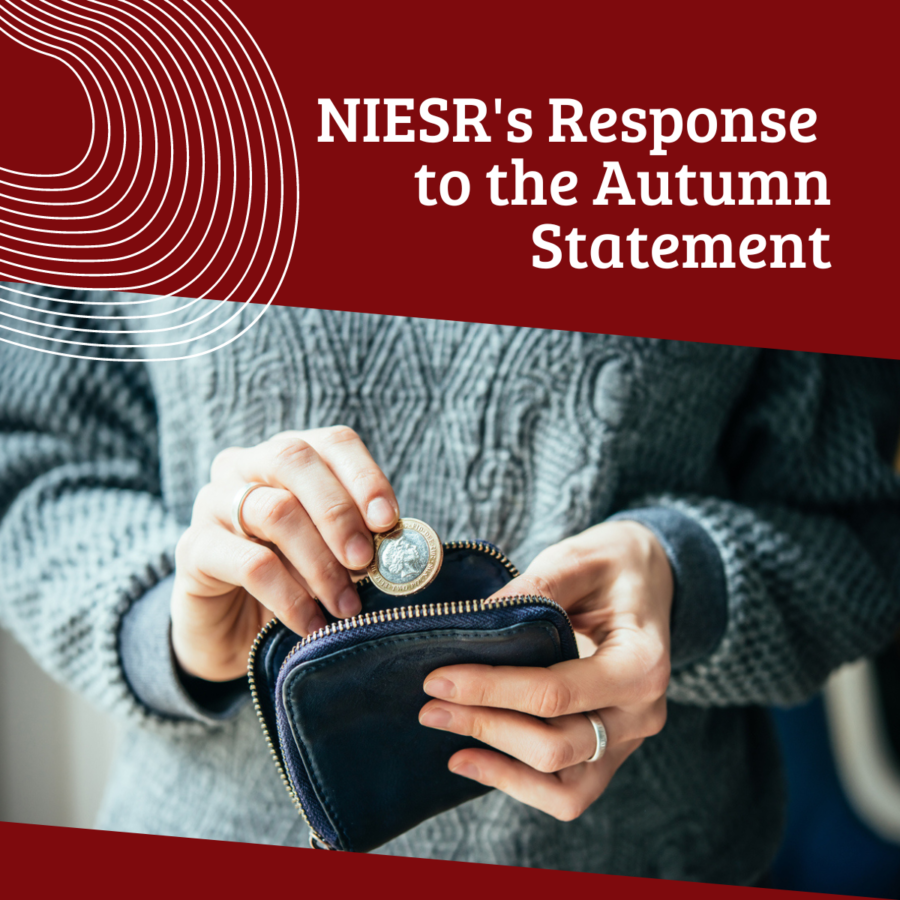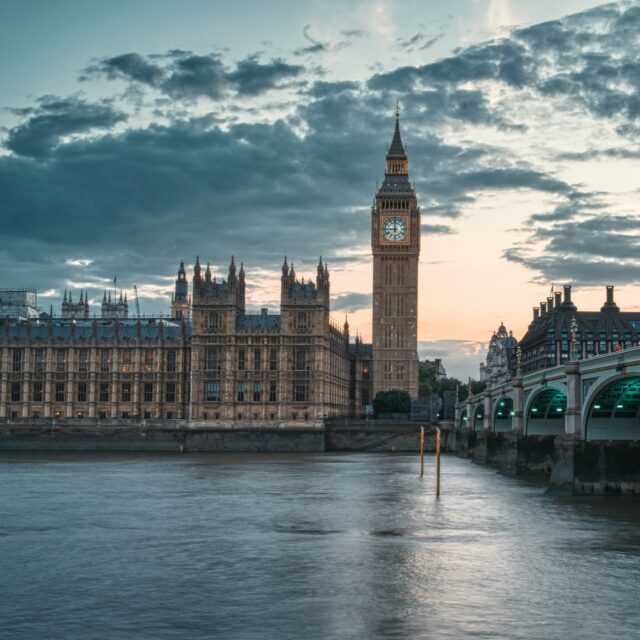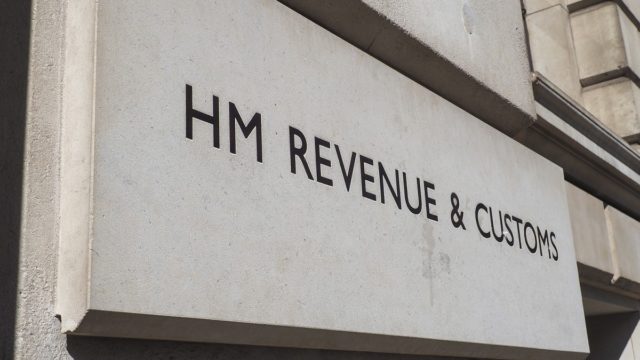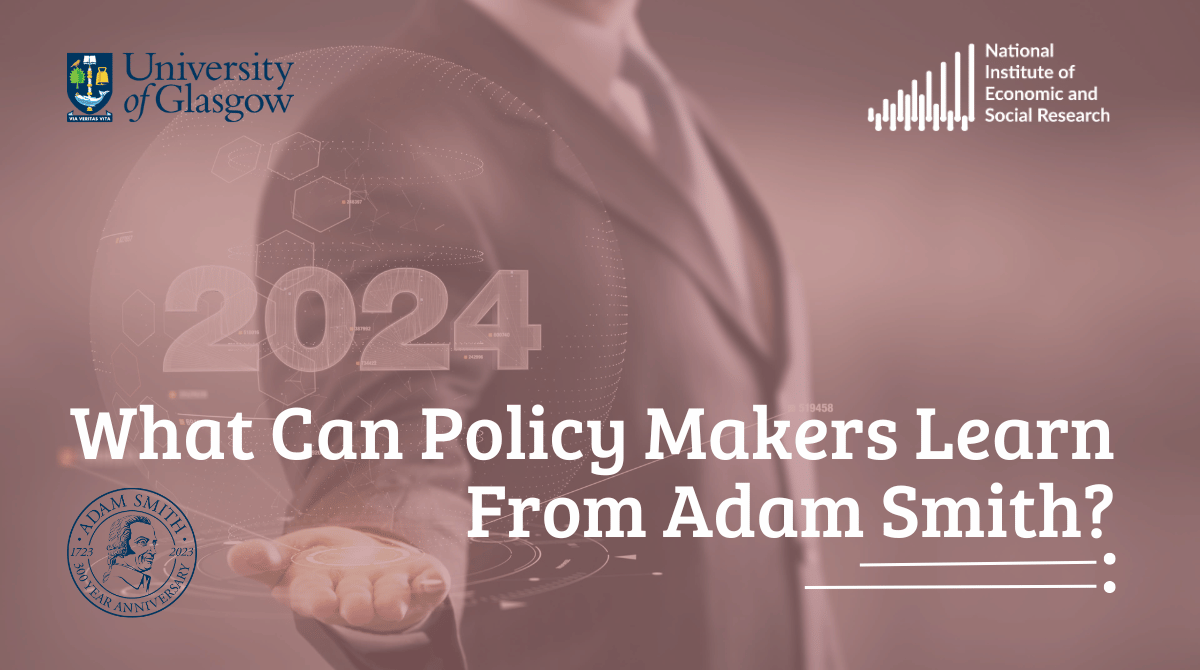NIESR’s Response to the 2022 Autumn Statement
17 November, 2022

Main points
- The Chancellor should have provided more support to UK households at a time when they are suffering the largest fall in their real incomes since records began in 1956. Given that fiscal targets are arbitrary, these could have been set to enable the Chancellor to bring forward more spending while still committing to sustainable public finances in the medium run.
- The Chancellor has tightened fiscal policy by around £60 billion over five years and also delayed meeting the fiscal target of a falling debt to GDP ratio by 2 years giving him more flexibility to hit his fiscal targets. In a bid to ensure debt is on sustainable trajectory within the new 5 years fiscal target, the Chancellor has announced a cumulative £30 billion in tax rises and £30 billion in spending cuts. Against a background of persistent higher interest rates, the cost of servicing government debt remains high, which leaves the UK’s public finances vulnerable to economic uncertainty.
- The UK has gone from £48 billion in tax cuts announced in September to raising taxes for all working people over the next few years. This, in combination with an expanded windfall tax on profits made by energy companies, presents significant uncertainty to businesses and households.
- Maintaining previous spending commitments for public infrastructure projects and providing increased expenditure for key social institutions is appreciated, but the Chancellor should have gone further to prevent systematic vulnerability and encourage sustainable growth, especially beyond the immediate horizon of the next 2 years.
- The switch to more targeted support for energy bills is a step in the right direction, but the overall rise in energy prices and a lack of support for low-income households will mean that many are worse off. The government’s policy still involves an expensive universal subsidy which will disproportionately benefit high-income earners, as they use a much greater amount of energy.
- The increases in the living wage along with Universal Credit and pensions rising with inflation, presents a positive direction of travel for the households hardest hit by inflation. However, tax rises, the further increases in energy bills for those not on Universal Credit and wages not keeping up with inflation, will mean households are likely still far worse off than they were last year.



















